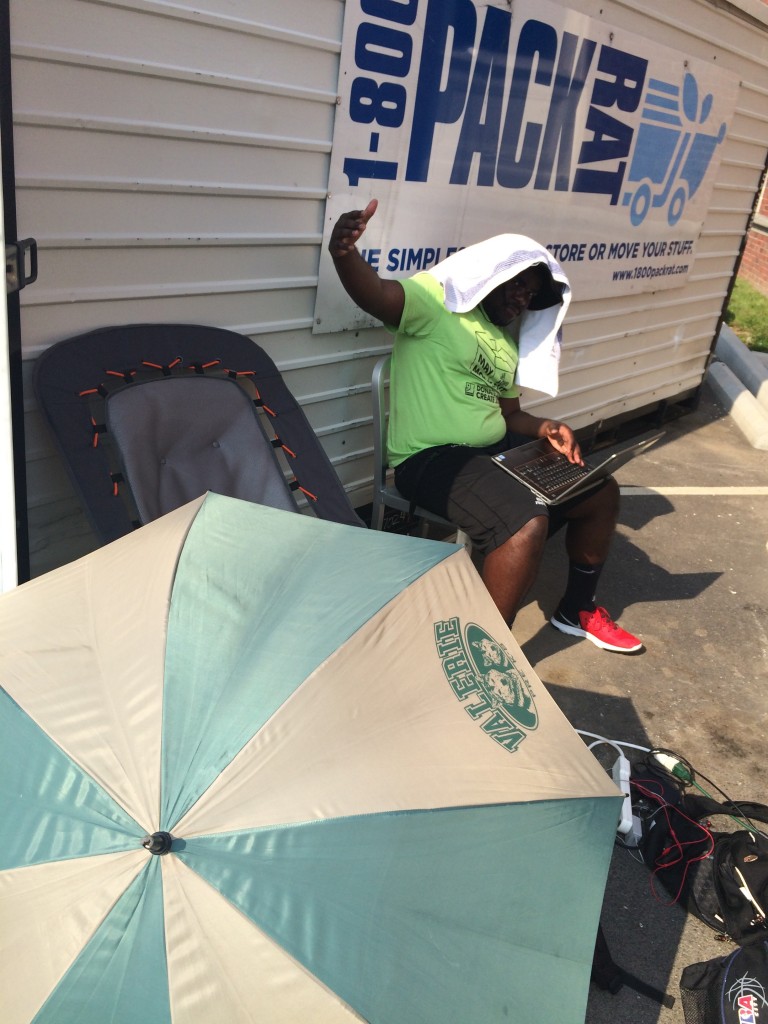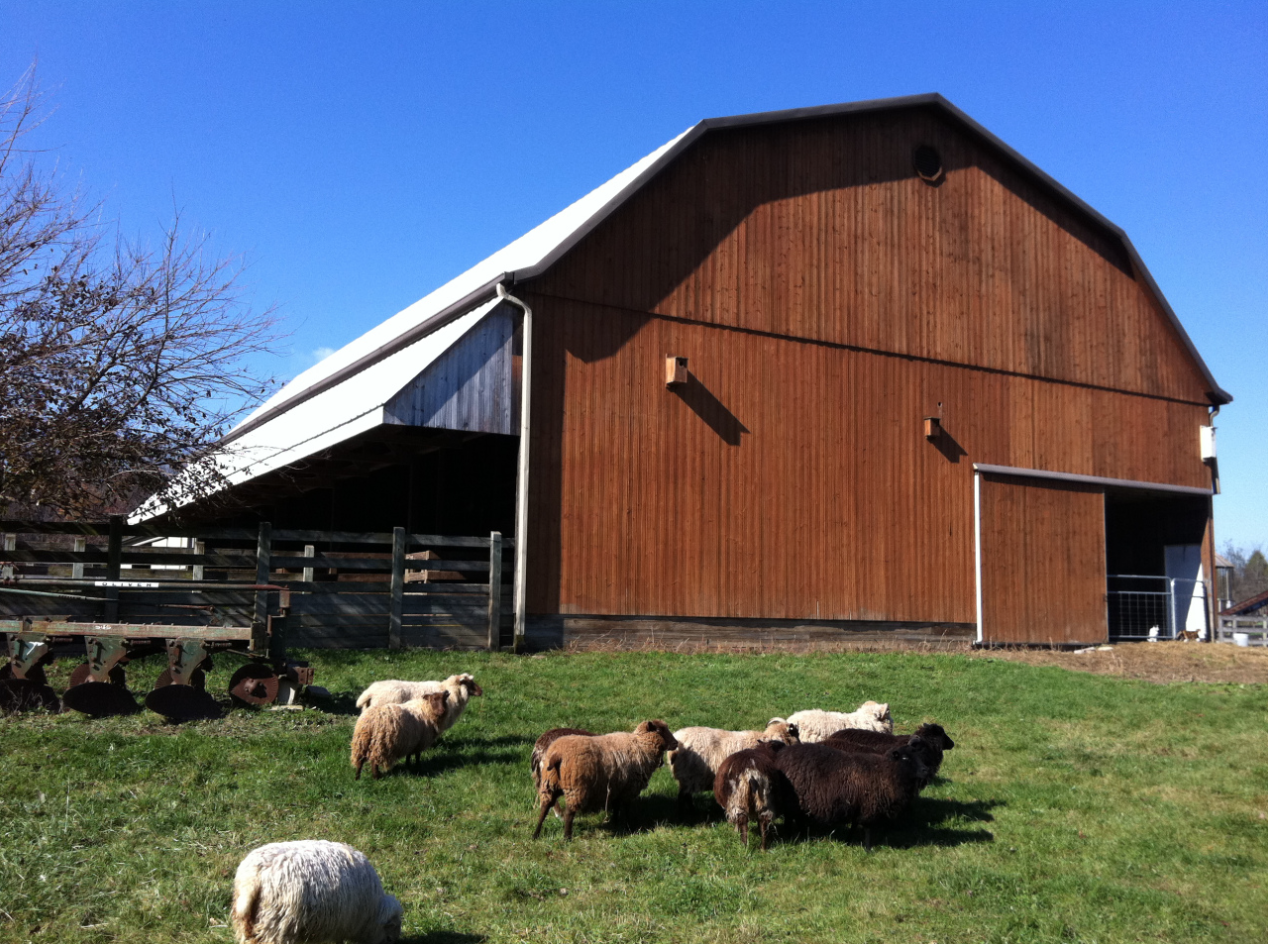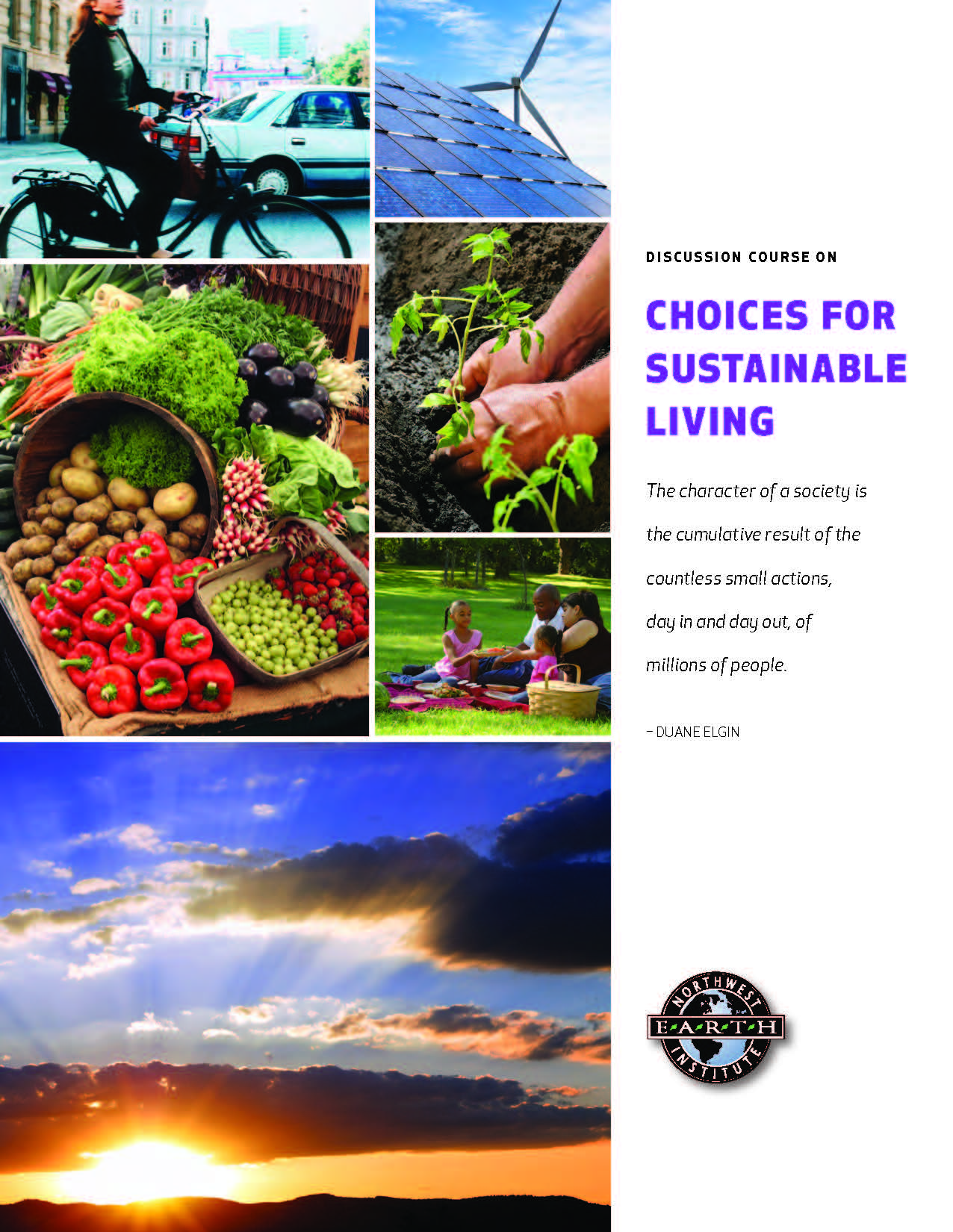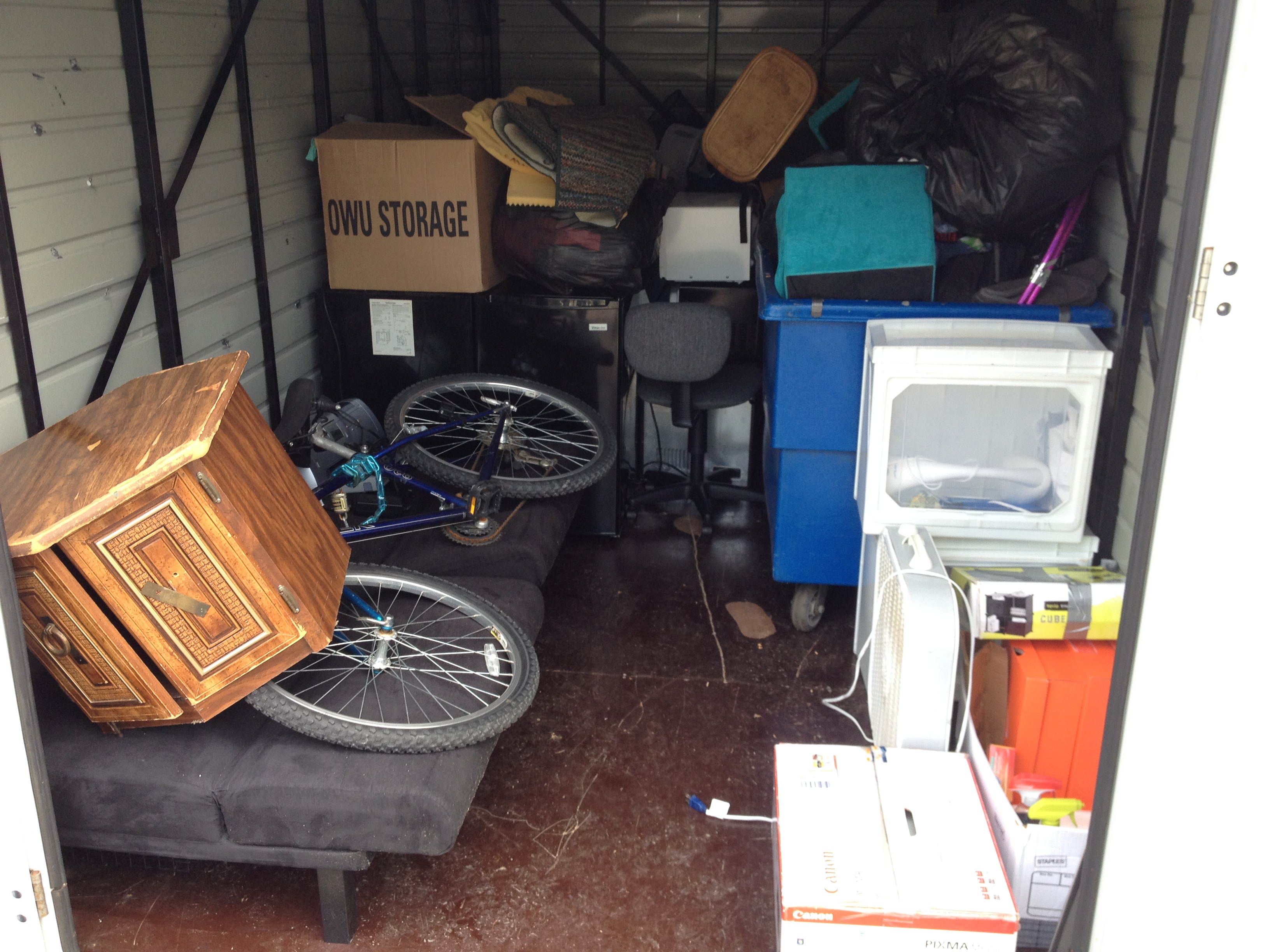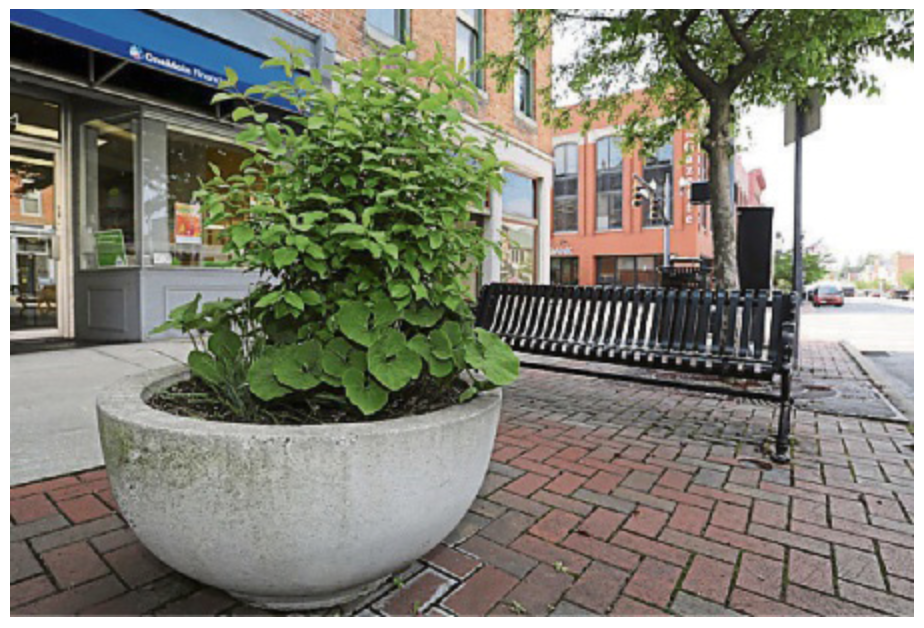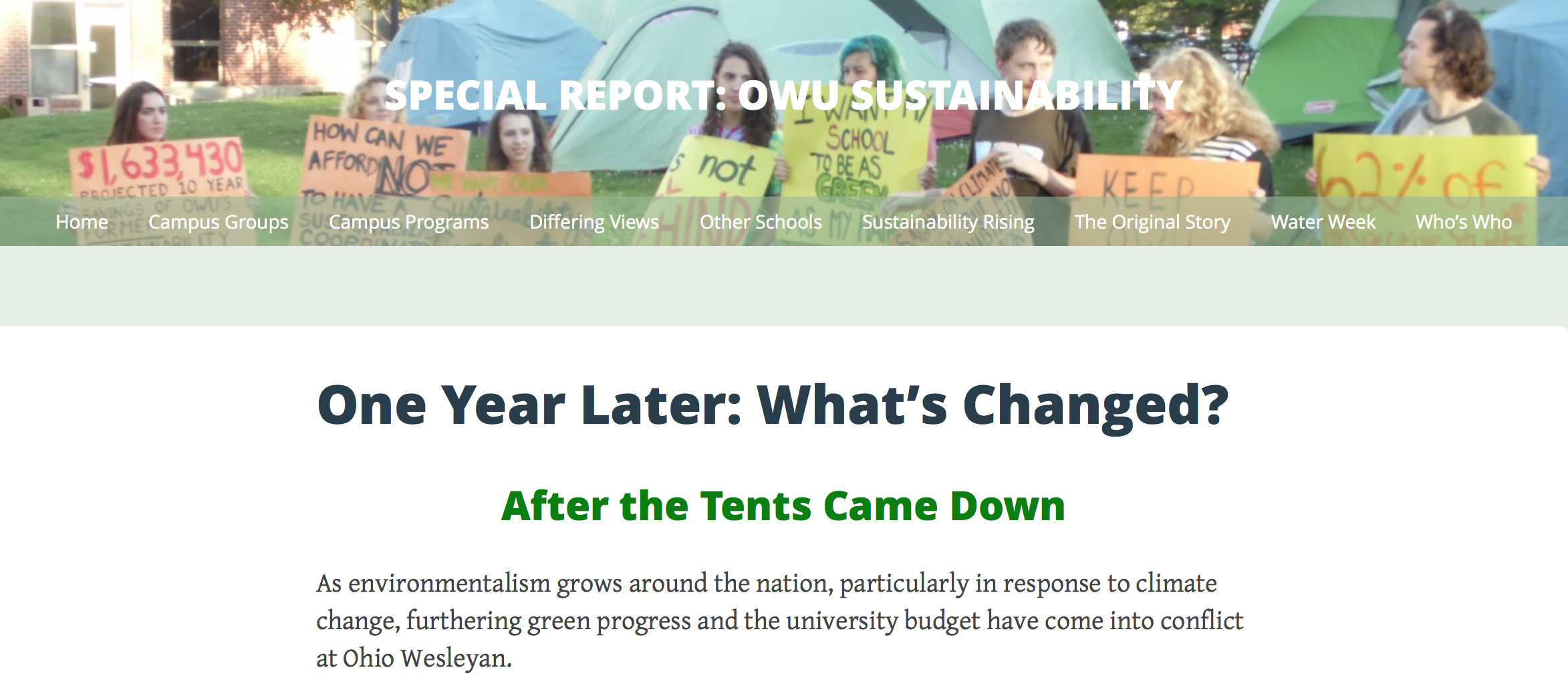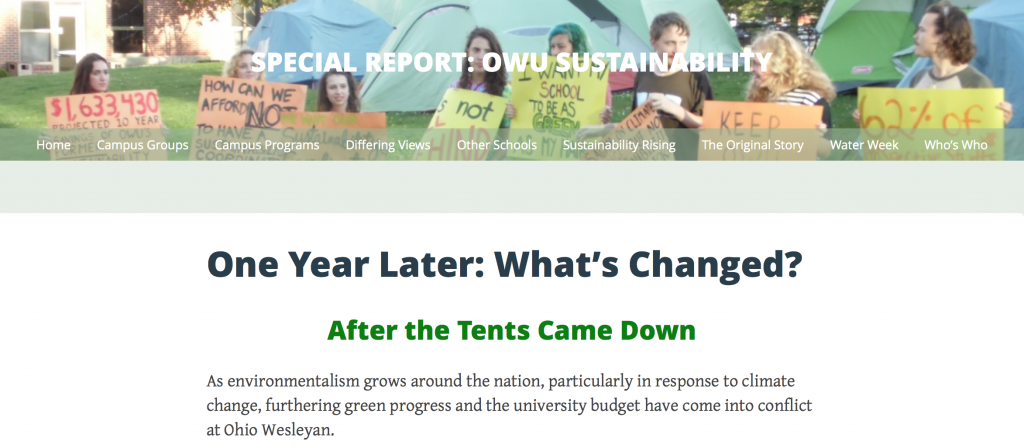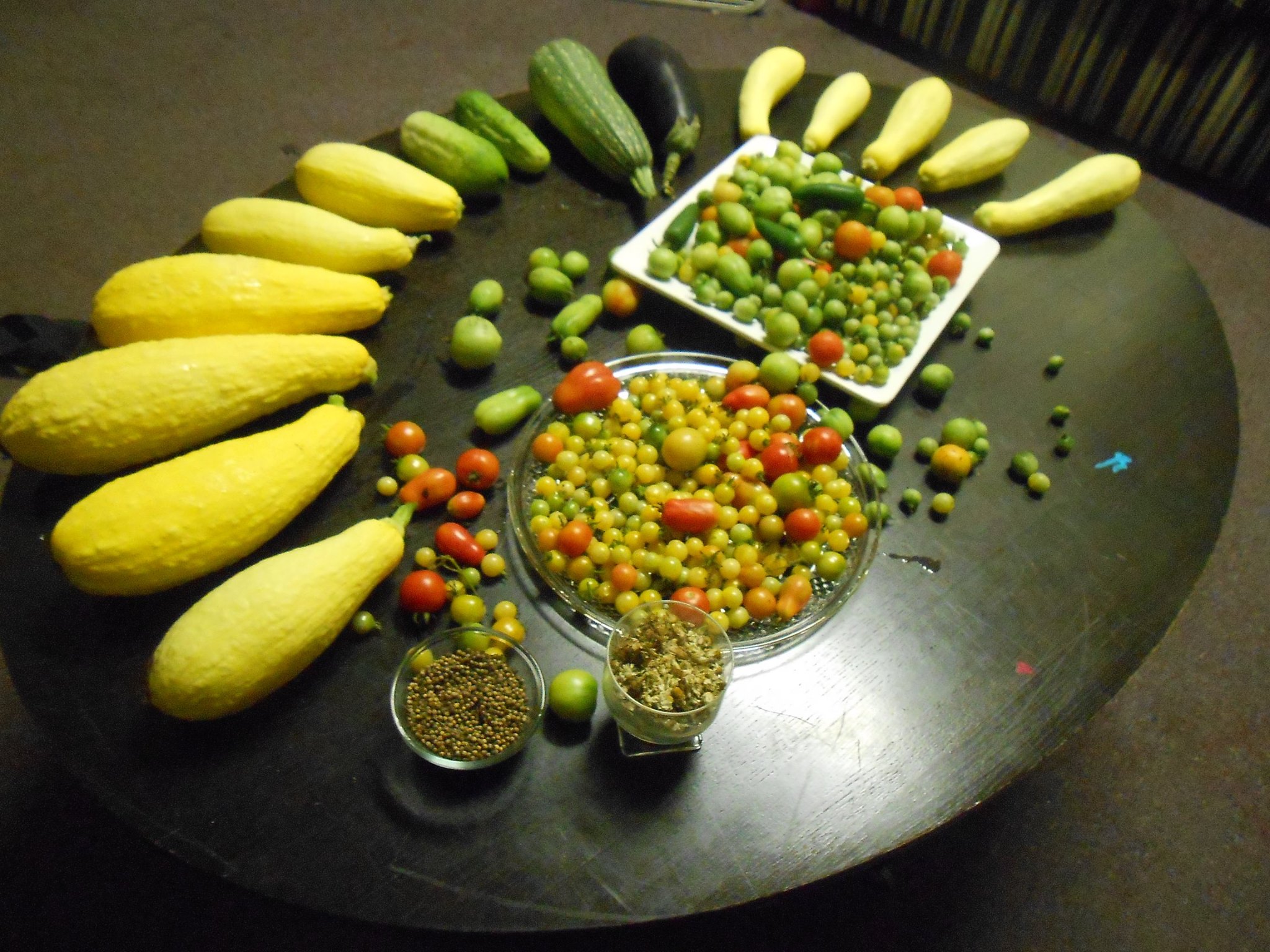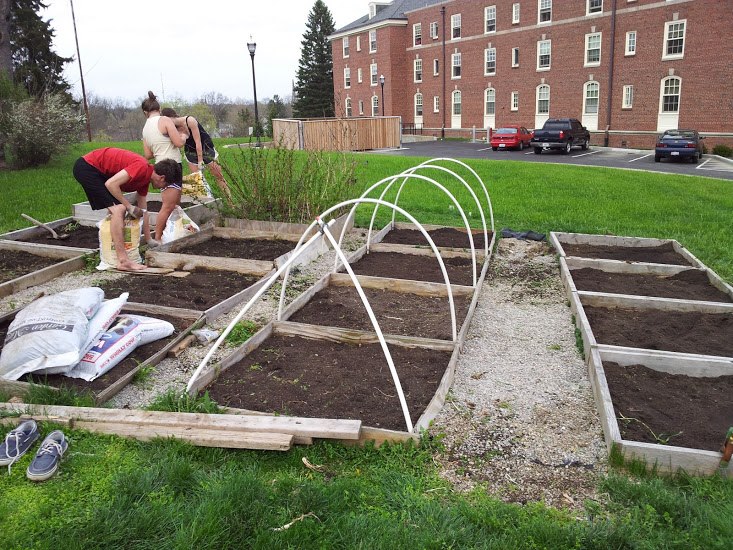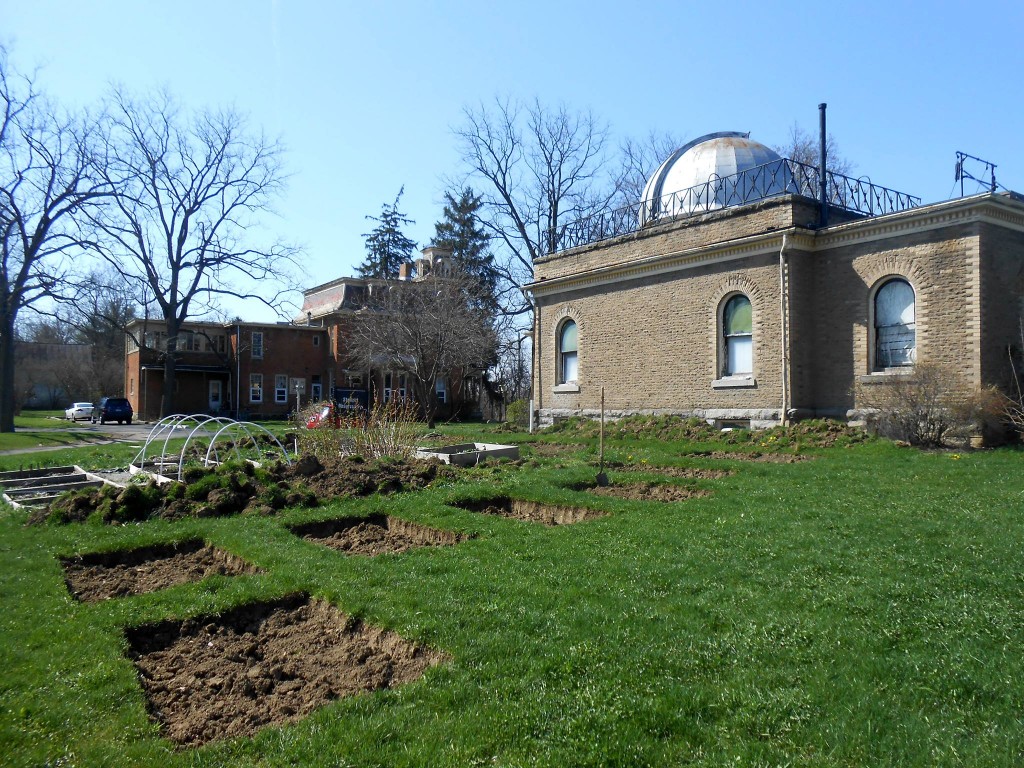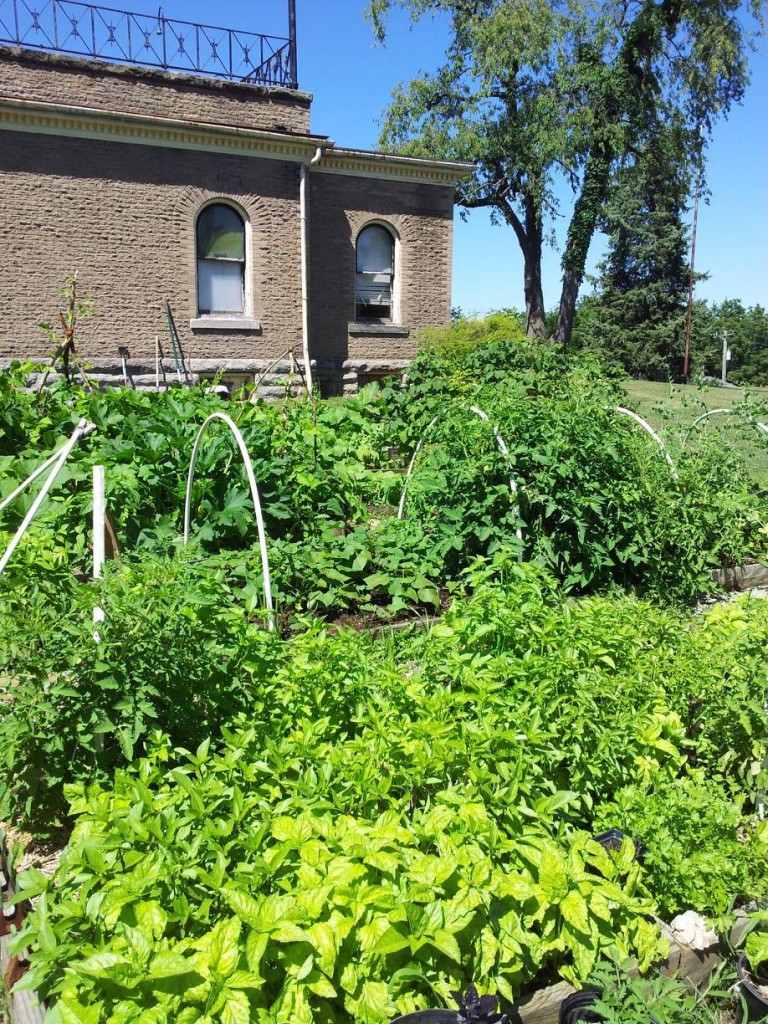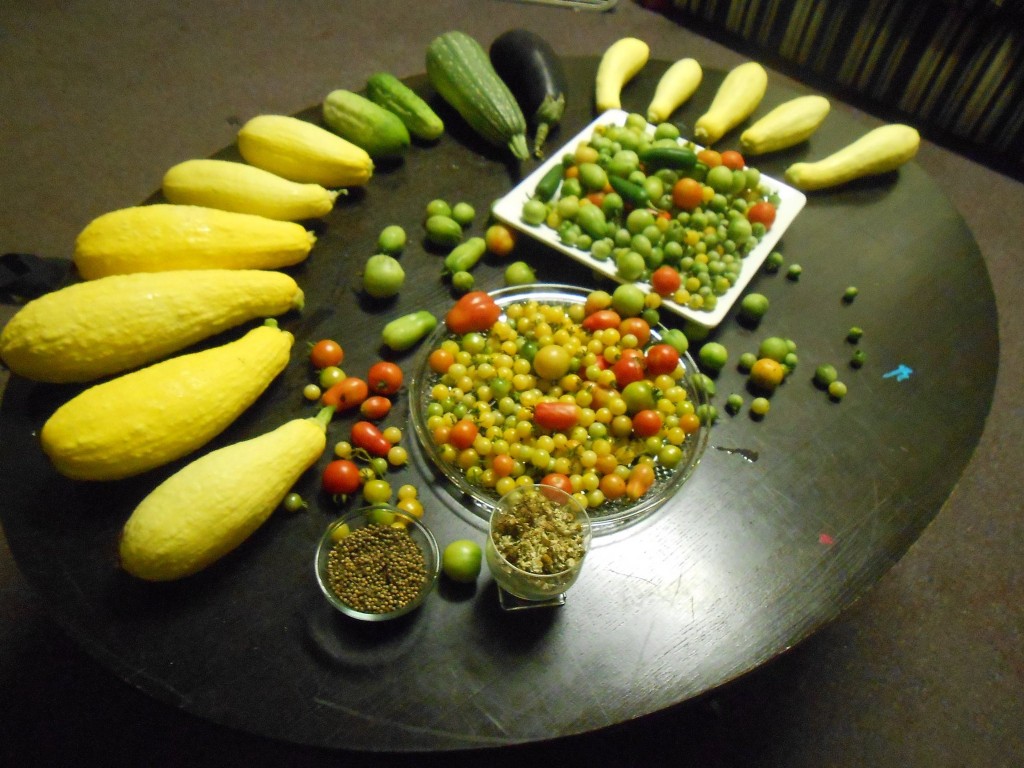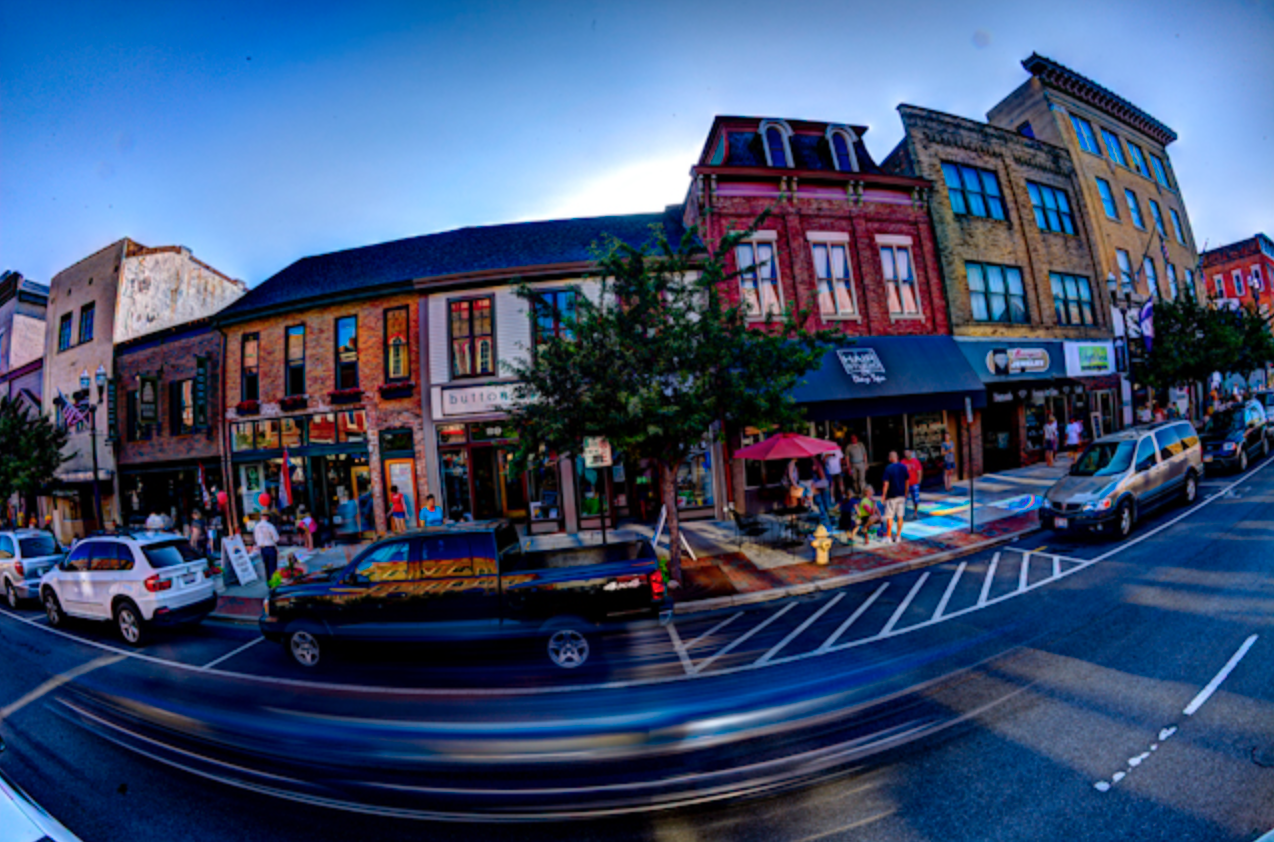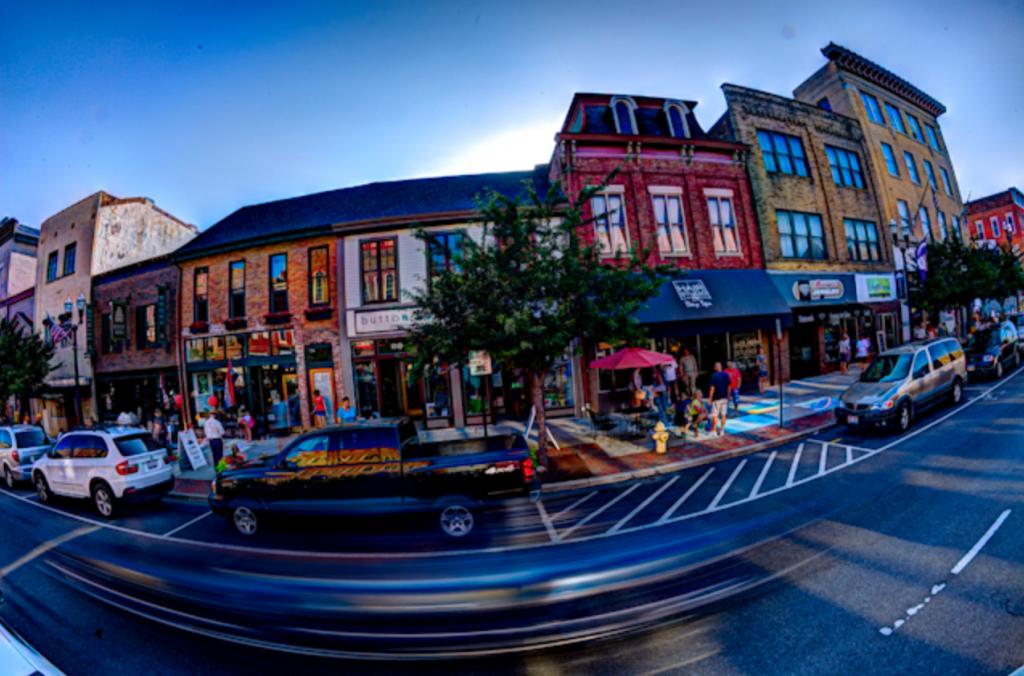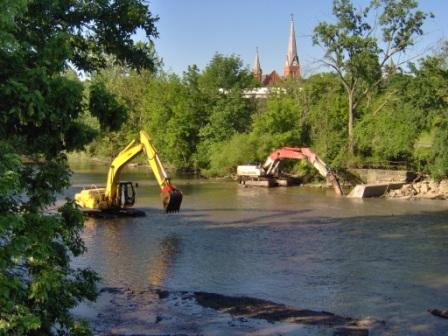OWU’s Spring 2015 May Move Out focused on getting students to donate reusable items to Goodwill (by placing them in storage pods) while moving out of the dorms. Overall about 19,000 pounds of material was collected by Goodwill throughout the May Move Out period. That is about 9.5 tons of material kept out of the landfill (and close to our estimated 10 ton diversion rate).
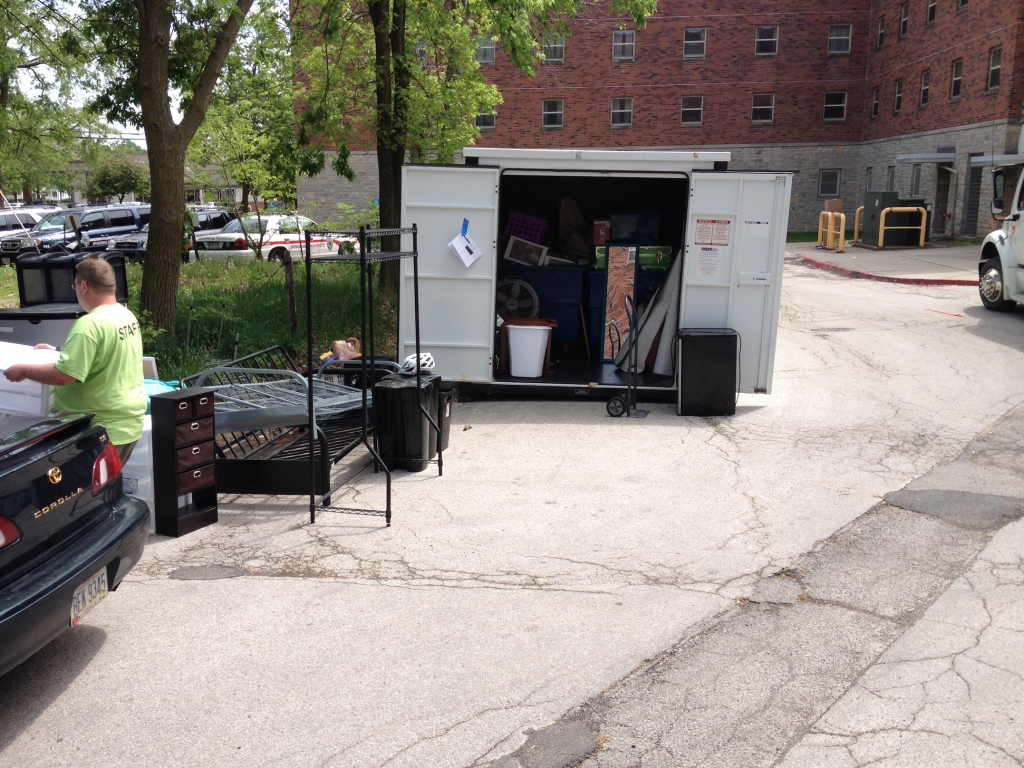
OWU’s Spring 2015 May Move Out focused on getting students to donate reusable items to Goodwill (by placing them in storage pods) while moving out of the dorms. The effort worked well given our goals of diverting stuff from the landfill (and to Goodwill) while clearing the dorms (in preparation for their summer use).
Overall about 19,000 pounds of material was collected by Goodwill throughout the May Move Out period. That is about 9.5 tons of material kept out of the landfill (and close to our estimated 10 ton diversion rate).
Earlier this year, Ohio Wesleyan was awarded $10,000 from the Delaware, Knox, Marion, Morrow (DKMM) Joint Solid Waste District through the efforts of OWU’s Sustainability Task Force.
Overall, we rate the effort a B with areas of improvement to include promotion and logistics.
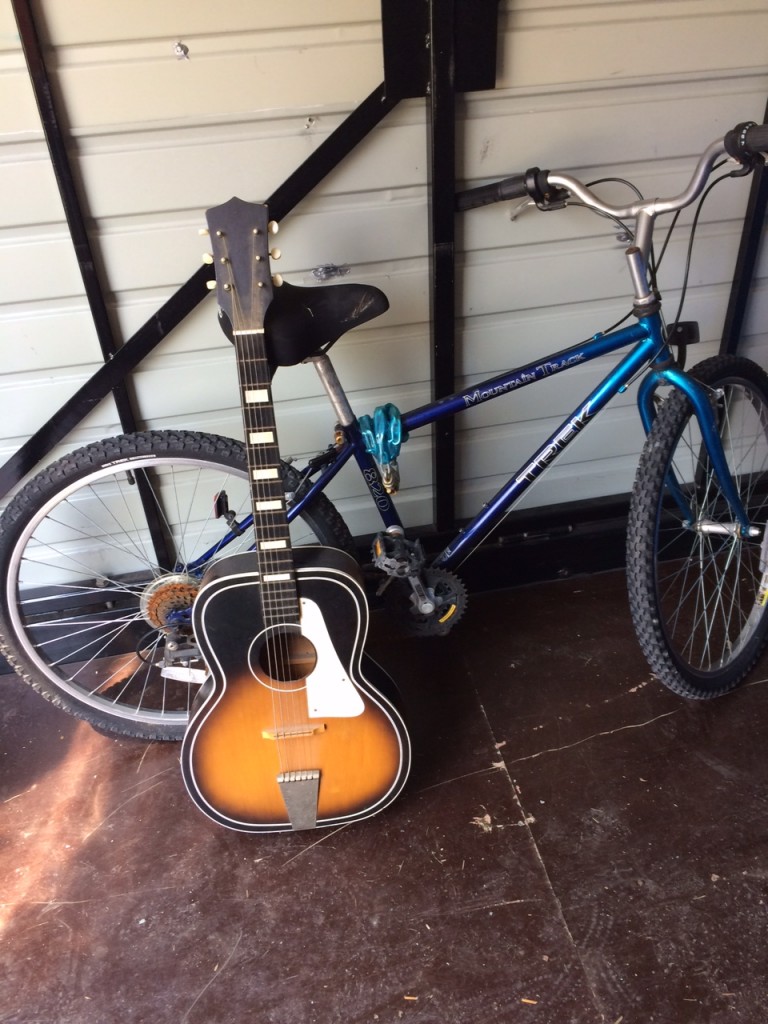
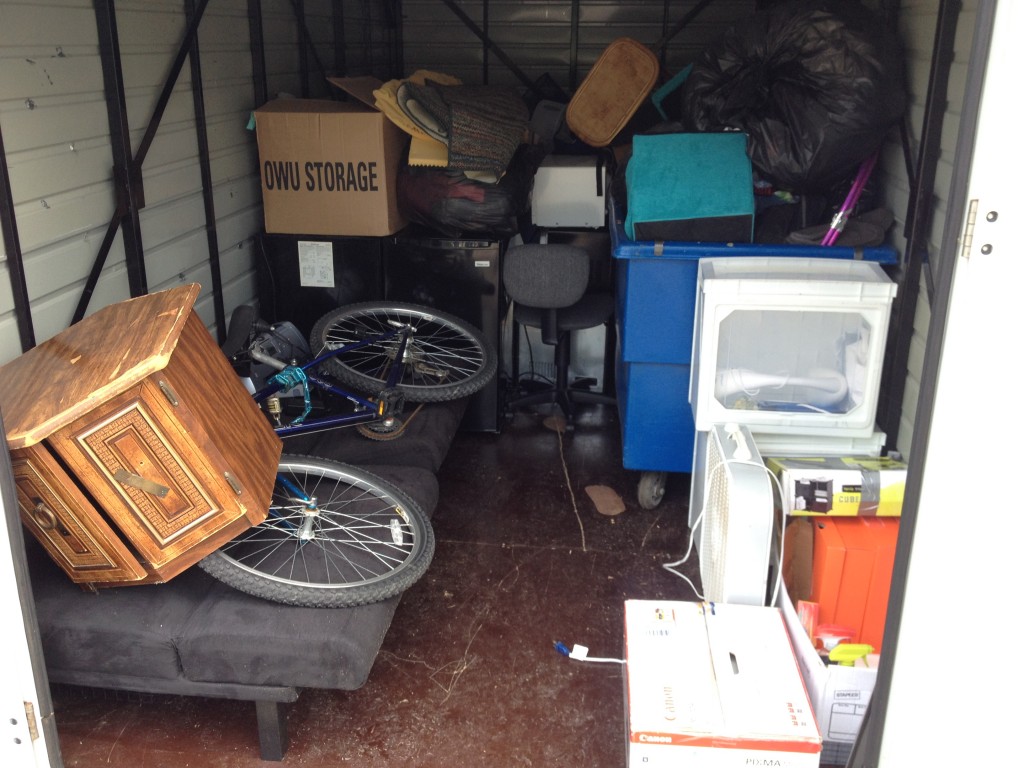
Of the larger items, according to Goodwill, we collected 45 mini refrigerators, 12 bins of textiles, 37 misc. wares, 13 futons, 14 office chairs, 18 rugs, 27 storage containers and a dozen or so misc. chairs.
Our Goodwill partners were very happy with the effort, as were OWU’s Buildings and Grounds and Residential Life staff. In other words, we have a model that can, with some tweaks, work in the future.
With overall success come a series of problems and proposed improvements to consider.
Problem: Promotional efforts did not work as well as possible. This will be a big challenge for May Move Out 2016.
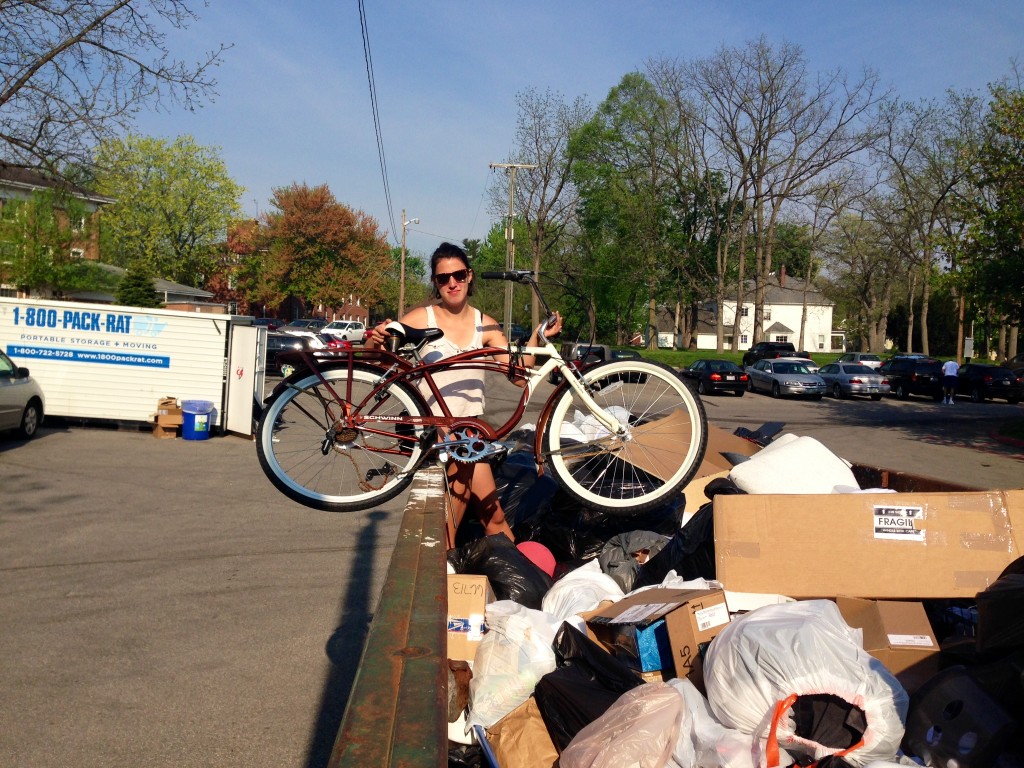
Michelle Smith pulling a nice bike out of the dumpster. Potential donations were removed from the dumpsters by May Move Out volunteers. When asked, a signficant number of students professed ignorance of the May Move Out effort.
Solutions:
- Earlier efforts to inform students and RAs, Fraternities and SLUs about the May Move Out effort. Promotion in the last month of classes came at a time when everyone was distracted by many other issues. Consider outreach efforts that will reach students already hit by a barrage of information.
- Consider a fall and early spring promotional effort with a Goodwill truck with a “May Move Out 2016 (Early!)” banner parked in residential area. Possibly a similar effort mid-spring semester. Allow for early donations (as well as faculty and staff donations) but focus is to raise awareness for the actual May Move Out.
- Banners for May Move Out on each donation pod. Potential for green balloons floating above pods.
- Organizations and groups to help with outreach: Tree House, UC 160 Sustainability focused section, spring 2016. Students and courses in Environmental Studies.
- Brainstorm promotional ideas:
- Pod Puppies: puppies (from Companion Dogs company?) for end of semester stress relief and promotion of May Move Out
- Green Week or Earth Day promotion
- Have a contest (like Greek Week) based on how much you get donated (organize by floor, dorm, SLU, etc.)
- Swag? Green Week efforts? Social Media?
Problem: Lots of recyclable material, particularly paper and cardboard, in the dumpsters. Part of the problem is the lack of a recycling program in the City of Delaware for businesses and multi-tenant buildings (such as the dorms on campus).
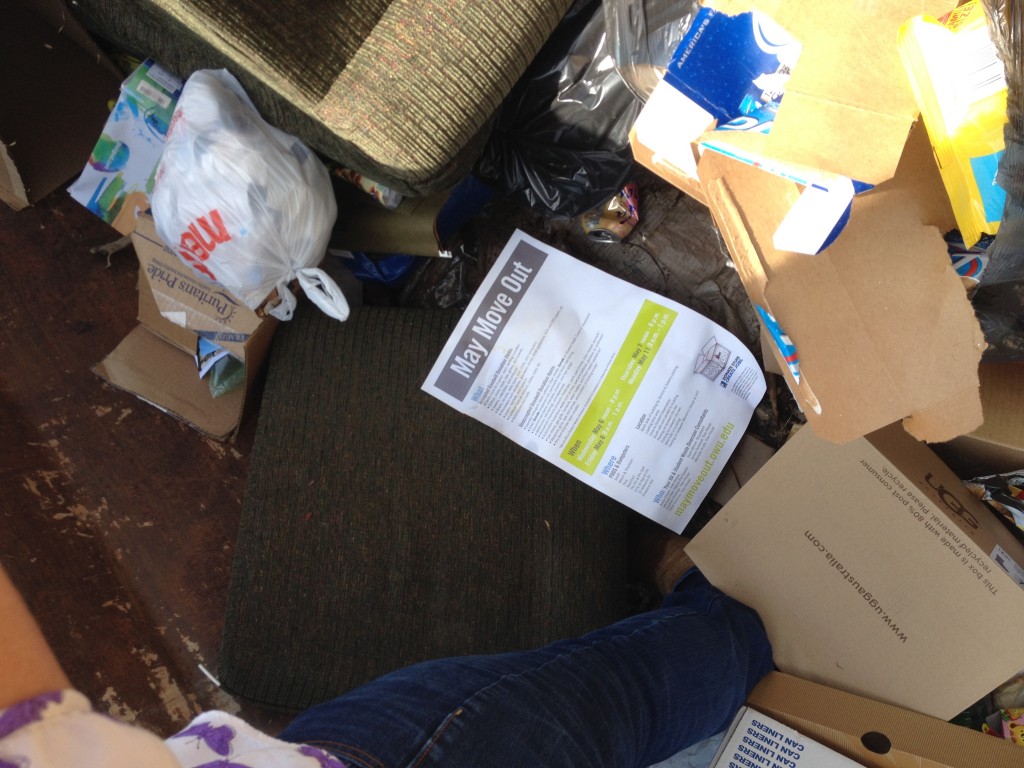
A May Move Out promotional poster (above) in the dumpster!
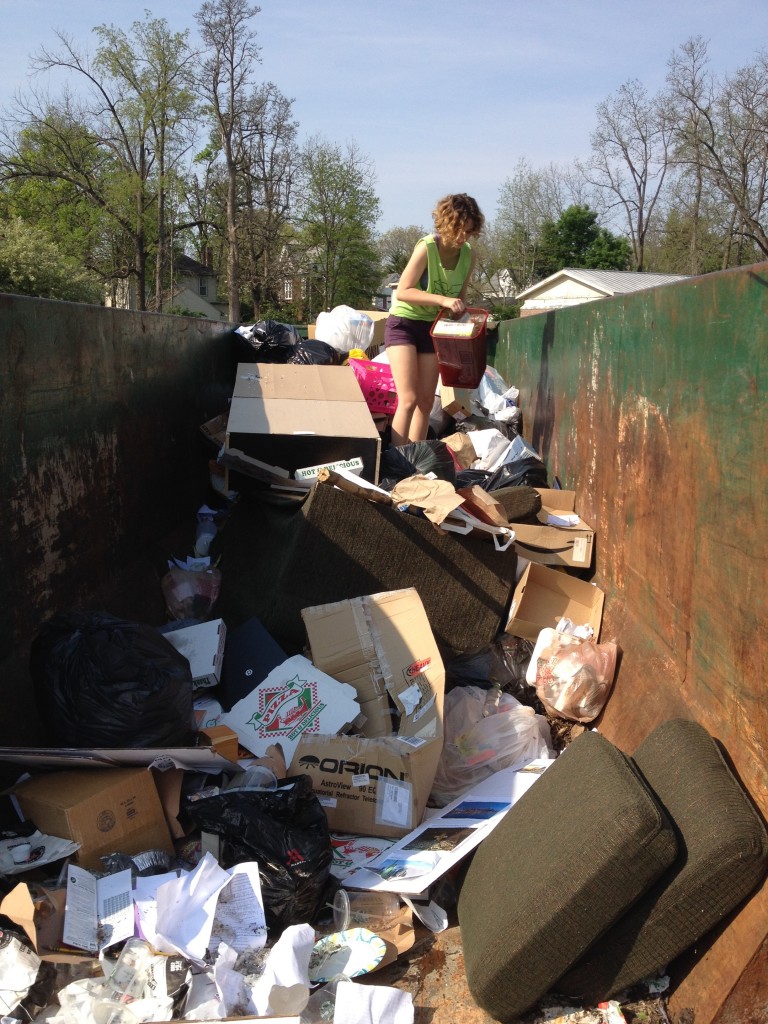
Lots and lots of paper and cardboard in the dumpsters.
Solutions:
- work with the City of Delaware on this problem
- investigate dual dumpster / recycling bins
- improve campus recycling on the residential side of campus, in particular many of the cardboard boxes were from Aramark cleaning materials.
Problem: Limited donation dates and times meant that materials that could have been donated were thrown in dumpsters (for example, over night when the donation pods were locked).

Donations left by a locked donation pod overnight (above).
Solutions:
- Have pods placed on campus earlier.
- With better promotion, students will know to leave donations by the pods if they are locked. Banners: “May Move Out Goodwill Donations. Leave it Here if You’re Not Sure”
Problem: Students have a tendency to toss everything (including potential donations) in the closest dumpster or garbage can.
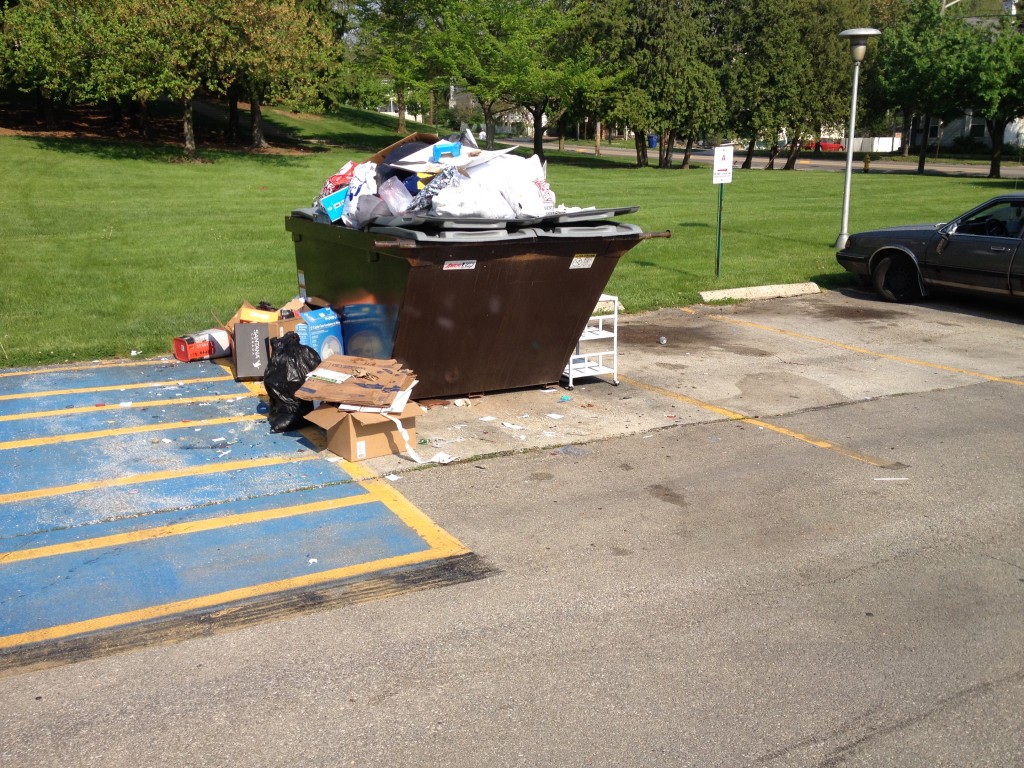
Potential donations in a dumpster that was closer to the dorm than the donation pod.
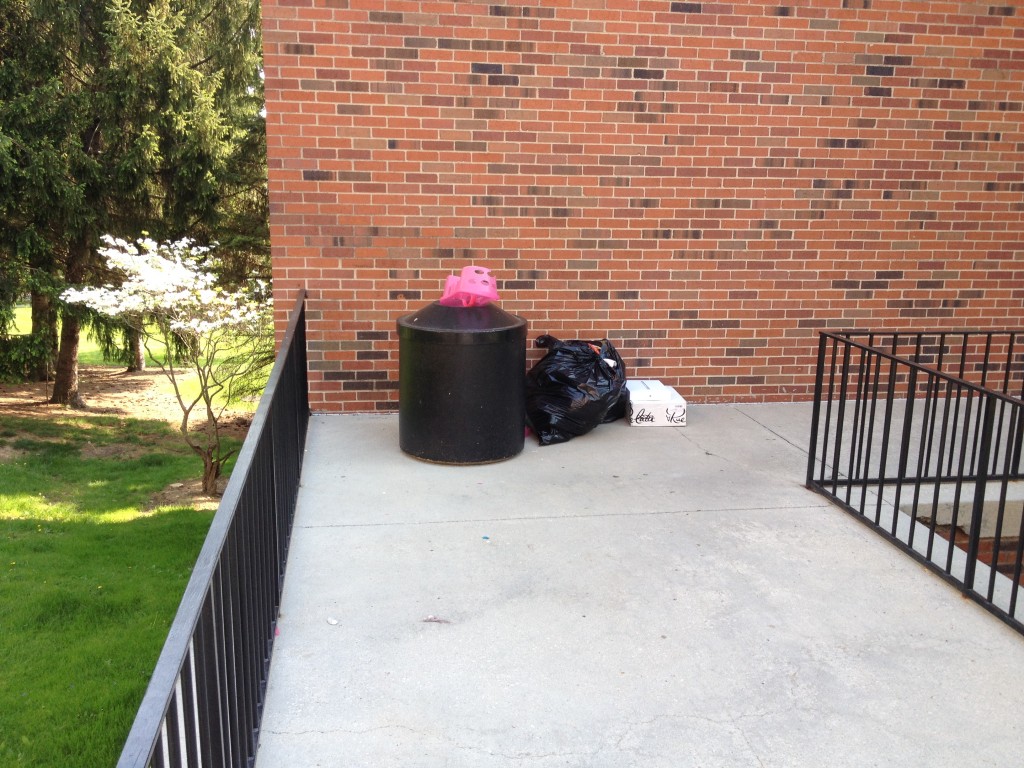
Potential donations dropped off by the trash can closest to the dorm exit.
Solution:
- Better promotion of May Move Out effort to encourage students to carry their donations the extra distance to the donation pods
- Adjust donation pod locations so that donations can be made by all well used dumpsters (see image above). Attempt to get donation pod closer to dorms than the dumpsters.
- Bashford pod: try to get dumpster and pod closer and facing same direction
Problem: too many nearly unused donation pods near SLUs and Frats.
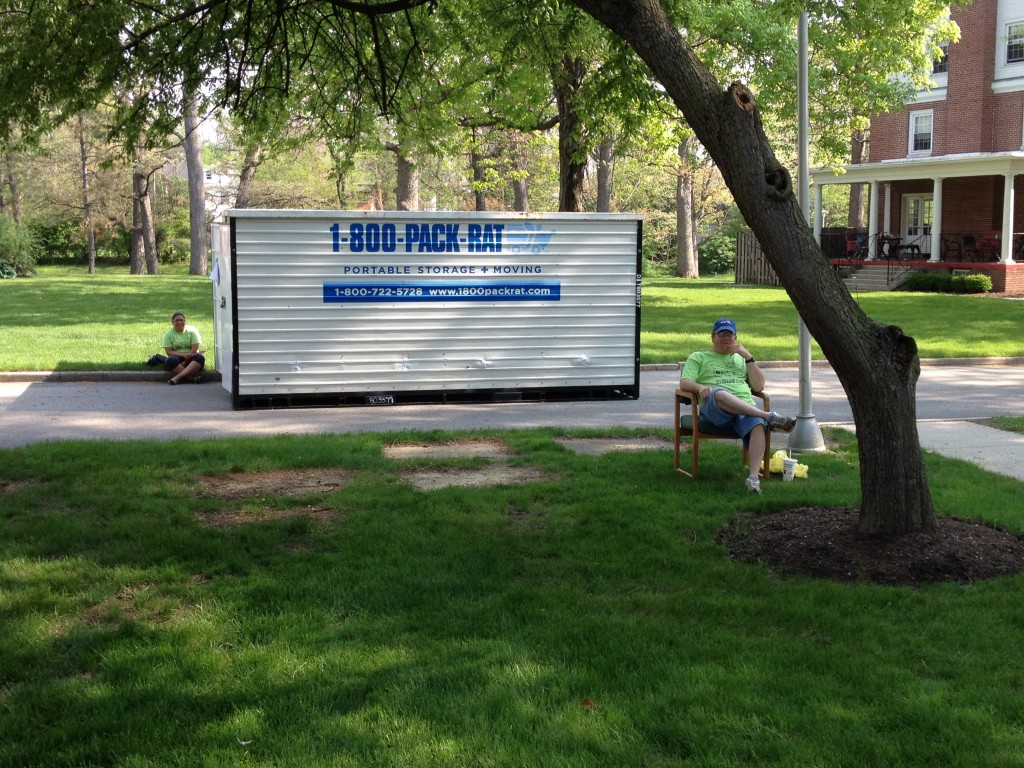
Things were very quiet at the donation pods near the SLUs (Small Living Units) and Frats.
Solution: This is actually a good thing, as it means we will probably need fewer donation pods for the Spring 2016 May Move Out (saving some money).
- Work with Fraternities & SLUs to determine if donation pods are needed and where they should be. Possible that the fraternities and SLUs can organize an effort to get donations to the donation pods near the dorms, rather than have their own donation pod.
- Revised May Move Out Promotion effort for Fraternities and SLUs
Additional ideas and issues:
- gloves for volunteers at each pod
- hours for each pod posted on pod
- have real estate lock boxes for pod keys (rather than pick up and drop off)
- encourage volunteers to circulate – don’t have to stay by assigned pod
